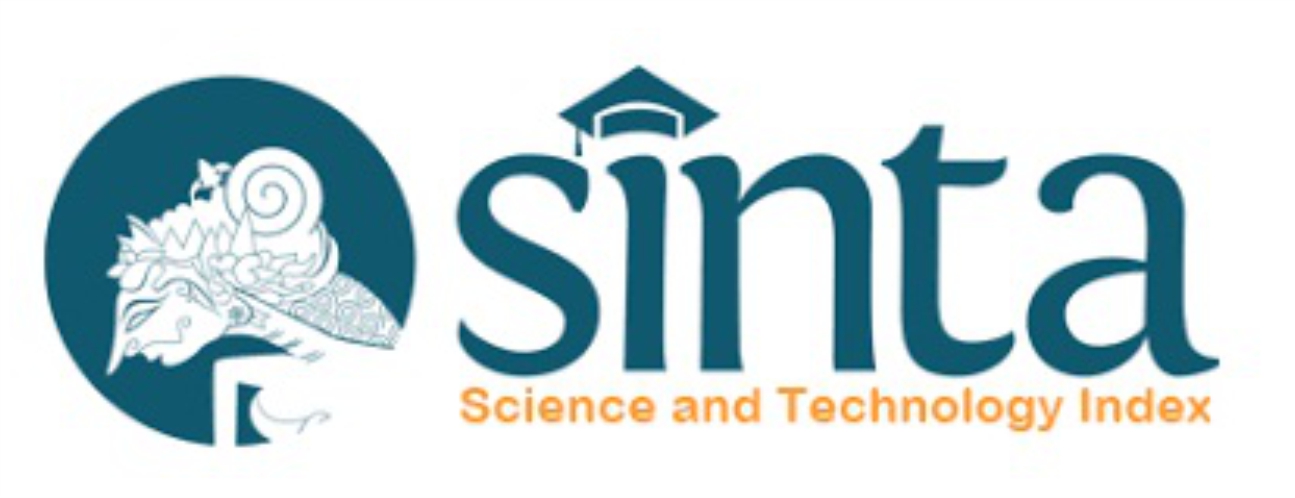Efek Obat Imunosupresan Pada Pasien Autoimun dengan COVID-19 (A Scoping Review of The Clinical Evidence)
Abstract
The main modality in autoimmune disease is a long-term immunosuppressant treatment aiming to control disease progression and increase patient life expectancy. This scoping review aims to evaluate the effect of immunosuppressant treatment in autoimmune patients with COVID-19 on clinical outcomes and disease progression. This scoping review was conducted following the PRISMA extension for scoping review (PRISMA-ScR) guidelines. The Pubmed and Science Direct databases are used to find articles that match the study objectives. Thirteen articles met the inclusion criteria, and all of them were classified as observational studies. Most immunosuppressant treatments are the disease-modifying anti-rheumatic drugs (DMARD) and glucocorticoids. The highest number of autoimmune patients with rheumatoid arthritis (RA) was 43.4%, systemic lupus erythematosus (SLE) 13.6%, and others was 43%. Autoimmune patients with COVID-19 taking immunosuppressant medications, particularly glucocorticoids, significantly increased the risk of hospitalization and the use of ventilators. However, there was no mention of the dosage and duration of immunosuppressant therapy in most of the studies. In general, the use of immunosuppressant drugs was not associated with an increased risk of COVID-19 infection and mortality compared with the general population. Increasing age and comorbidities were associated with poor clinical outcomes. In conclusion, autoimmune patients with COVID-19 who are taking immunosuppressant therapy particularly glucocorticoid exacerbate clinical outcomes. Periodic clinical monitoring and appropriate pharmacological interventions are required in autoimmune patients with COVID-19 to improve clinical outcomes and prevent death.
Keywords: Autoimmune, COVID-19, Immunosuppressant, Clinical outcome.
Full Text:
PDF (Bahasa Indonesia)DOI: https://doi.org/10.18860/jip.v6i2.12884
Refbacks
- There are currently no refbacks.
Copyright (c) 2022 Oki Nugraha Putra, Mia Arum Anggraini, Hardiyono Hardiyono
© 2023 Journal of Islamic Pharmacy













